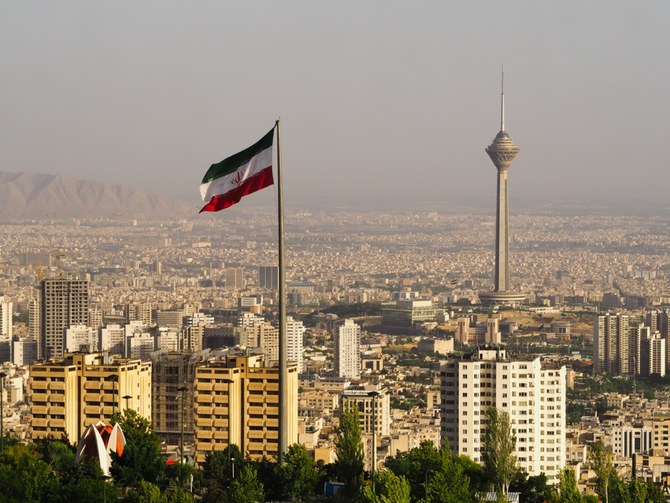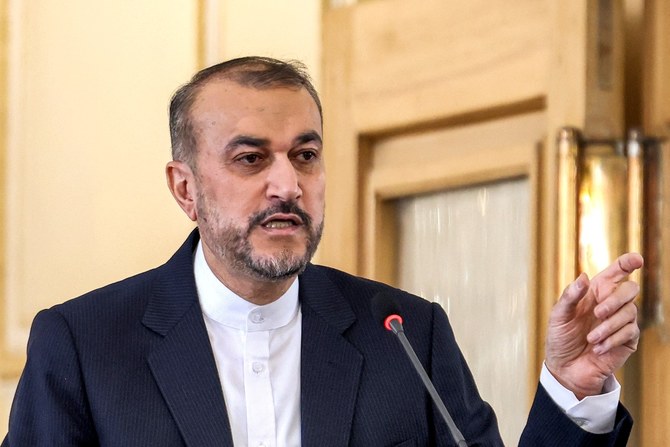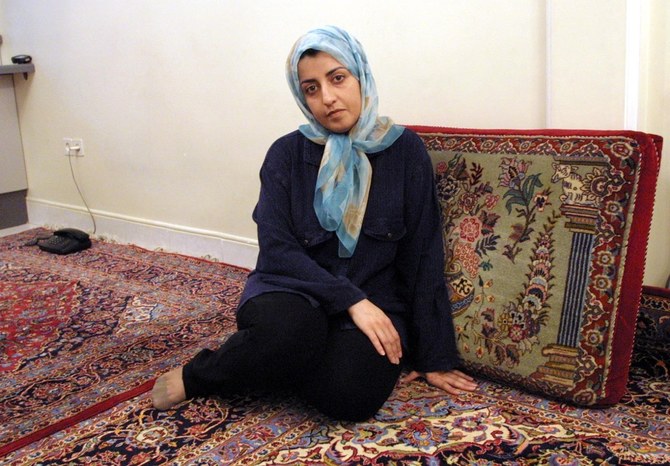JEDDAH: The number of executions in Iran has more than doubled in the past six months in a new campaign to intimidate anti-regime protesters, rights groups said on Friday.
From Jan. 1 to June 30, 251 Iranians were hanged compared with 117 in the first half of last year. The surge in executions has coincided with a series of nationwide protests over Iran’s economic collapse and the soaring price of basic food staples such as bread.
“There is no doubt that spreading fear to counteract the growing popular anti-regime protests is the main goal of these executions,” said Mahmood Amiry-Moghaddam, founder of Iran Human Rights, an activist group in Norway.
“Only stronger international reactions and domestic campaigns against the executions can raise the political cost of these executions for the authorities and stop the increasing trend.”
Amiry-Moghaddam said 137 of the executions had been carried out since the latest wave of anti-regime protests in Iran began on May 7. Six women were among those executed, and eight prisoners were hanged at the Rajai Shahr Prison outside Tehran this week alone.
The group said its estimate of executions included only those published in official media or confirmed by at least two independent sources, so the real number was likely to be higher.
Activists also accuse Iran of executing a disproportionately high number of people from ethnic minorities, especially Baluch and Kurds. Iran Human Rights said it counted the executions of 67 prisoners from the Baluch minority, mainly Sunni Muslims who live in the southeast.
Amnesty International’s annual report on the death penalty in 2021 said that at least 19 percent of recorded executions in Iran were Baluch, although they make up only about 5 percent of the population.
There is also concern over the execution on June 20 of Firuz Musalou, a Kurd convicted on charges of membership of the outlawed Kurdistan Workers Party, which has waged an insurgency in Turkey. His sentence was carried out in secret without his family being informed.
UN Secretary-General Antonio Guterres expressed concern last month over the rise in executions, with Iran again executing drug offenders in high numbers and many people from ethnic minorities.
“The death penalty continues to be imposed on the basis of charges not amounting to ‘most serious crimes’ and in ways incompatible with fair trial standards,” said Nada Al-Nashif, the UN’s deputy high commissioner for human rights.






















